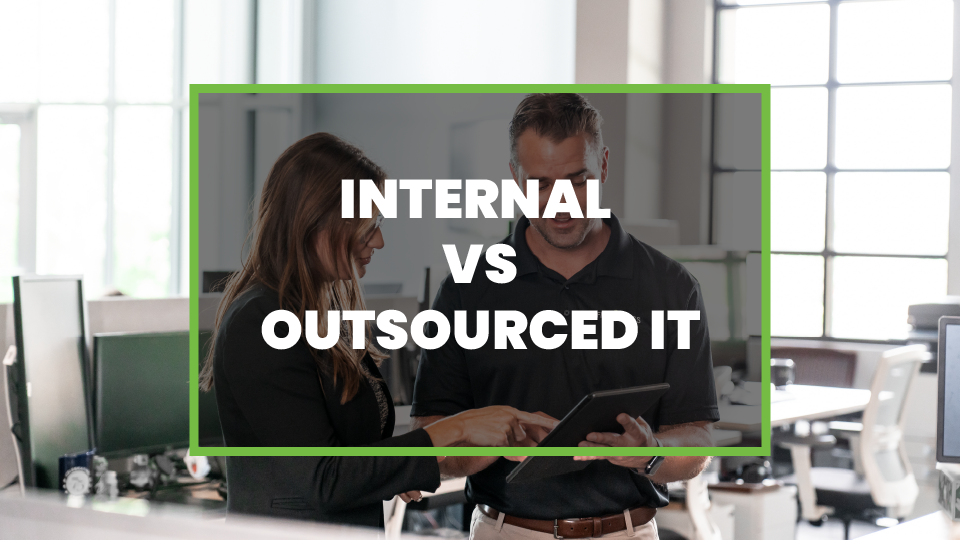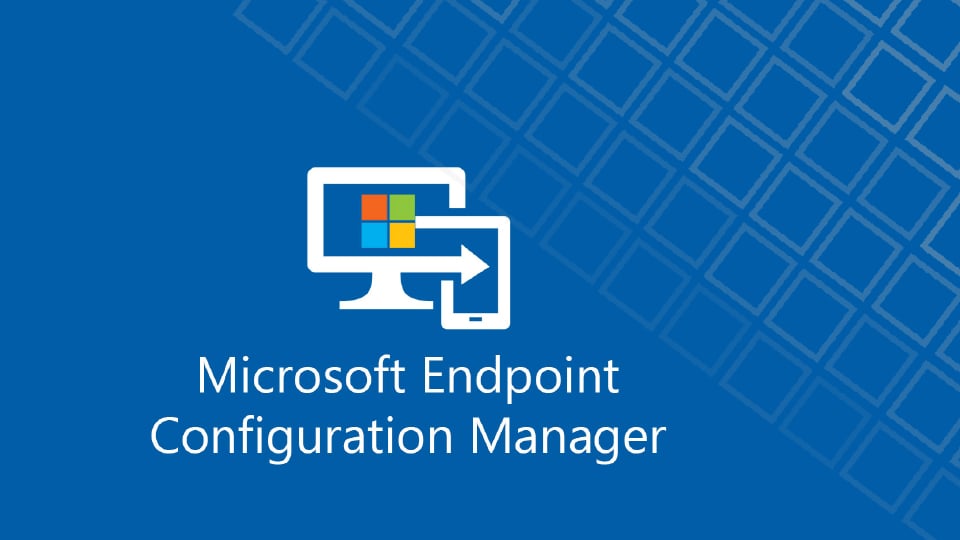Unlocking Efficiency: How Outsourcing Empowers Your Internal Team
Organizations with limited IT staff and resources face growing pressure to manage both day-to-day technical operations and strategic,...
Five Nines Team : Jul 19, 2018 11:47:15 AM
3 min read


Have you ever heard anyone go up to an IT engineer and say "Hey, just checking in to let you know that everything is running smoothly!"? Probably not. In the IT industry, there are always tech problems that need to be fixed, and once one problem is fixed there is always another.
Put yourself in the shoes of your internal IT employee for example. You are energized and excited about bringing someone in to manage your technology, and they are excited to implement and control an entire IT environment. They will clean up your network and put together new technical processes. Once that's done, they will begin addressing any IT issues that your employees are having as needed until the concerns of running an entire IT environment alone creeps up on them.
"I feel like I'm becoming an internal support desk."
The "as needed" issues will escalate as your employees feel more comfortable running to IT with issues they are having. When outsourcing your IT, calling in about any and all IT issues is normal, but for an internal IT individual, they may have other IT projects to work on throughout the day. They become the go-to for everything, and eventually, you'll realize you're spending $50k or above on an individual who is being asked to replace keyboards and put band-aids on larger tech problems that would be completely fixed if they weren't distracted with random issues throughout the day.
Without a proper ticketing system, which usually isn't implemented for one or two internal IT engineers, things can become lost in the shuffle of emails. The IT professionals are either going to get bored with solving basic tech issues because they are more advanced engineers, or they will quickly become burnt out from having either too much or not enough to do.
"If I go on vacation, who is going to cover for me?"
You invest in your technology, which means the expectation that your IT environment should be monitored 24 hours a day, 365 days a year is not unrealistic. It is unrealistic, however, to expect that one individual can constantly monitor an entire technical system all on their own. Not only does this lead to an unhealthy work/life balance for the employee, it leads to mistakes as the employee is trying to do it all at once. Working on an IT environment alone could mean that no one is there to double-check anything or pick up the slack. This could also lead to an eventual resignation because the employee won't feel as though their time is being valued, which will leave your IT environment in a state of limbo. If the internal engineer would have been backed by a team of experts, the constant monitoring wouldn't have seemed like such a large request.
"I don't have time for extra training or certifications."
Naturally, any business wants to continue growing and developing its employees through extra training or certifications. Frankly, that is probably the last thing an internal IT engineer has time for. It's not that they don't want to do it, but with IT requests and projects stacking up, that will become the last thing on their to-do list. That isn't good for business growth or individual growth, which is why having a team that can fill in for each other when someone wants to take time to complete a certification is highly recommended.
"I feel like I'm on the accounting team."
Because business technology is viewed as a "cost center" of most organizations, an internal IT engineer must also collaborate constantly with an accounting department to ensure that the money being spent is budgeted and accounted for. The engineer must be able to provide proof as to why certain technical pieces must be purchased, as well as keep everything documented and organized on their end. Even if they find time at the day to work on a certification, it's likely they won't be able to because they will need to stay on top of their expenses.
As you can see, your internal IT employee must wear many different hats to balance your IT environment accordingly.
Extensive research has shown that if you compare all of the costs associated with hiring and managing an internal IT engineer vs. a managed IT services organization it's incomparable. The bottom line is, you will gain more for an equal amount of money or less when outsourcing your IT needs. Not to mention, no one involved will have to worry about being affected by any of the statements listed above.
No one ever lets the IT engineer know when their job has paid off, when everything is working, and when nothing else needs to be done. It's time to let business owners focus on their business practices while letting a fully equipped outsourced IT team handle the rest.
You deserve peace of mind.

Organizations with limited IT staff and resources face growing pressure to manage both day-to-day technical operations and strategic,...

The world of technology is always changing. Recently, IT has become a multifaceted Human Resource issue as companies look to hire good IT people,...

The Microsoft Endpoint Configuration Manager (MECM), formerly known as System Center Configuration Manager (SCCM), is a Microsoft systems manager...